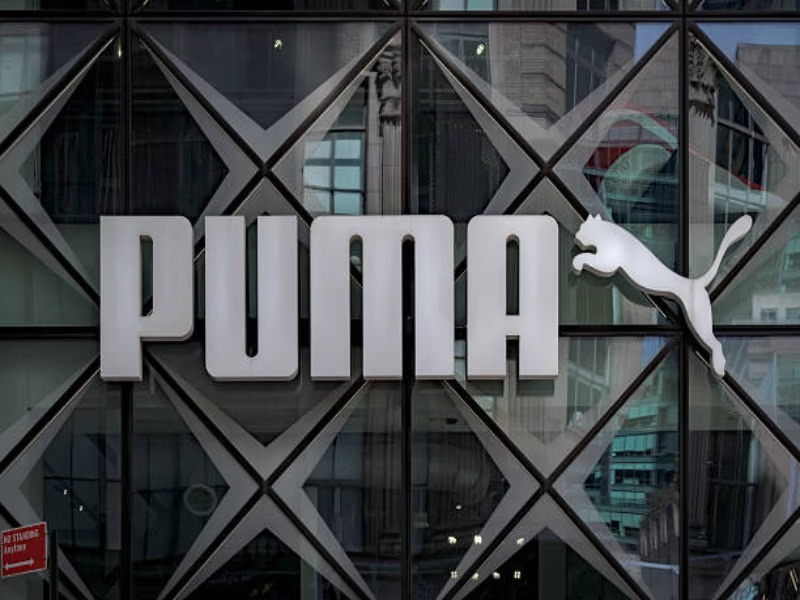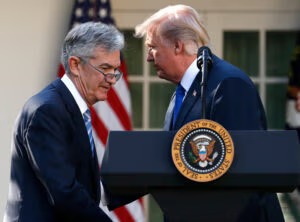Puma shares surged 18.9 percent on Thursday after a report that China’s Anta Sports is one of a group of companies seeking to acquire the struggling German athletic brand.
Currently, Puma is in the midst of a “reset,” with sales growth plummeting following a revenue boost during the Covid-19 pandemic.
Therefore, after the post-pandemic the brand has struggled to maintain customer resonance with customers and has resulted in high inventories.
The shares have reached their lowest point in more than 10 years, earlier this month, and year-to-date losses are estimated to be more than 50 percent, with an ongoing rise in competition in the sportswear market and tariffs affecting customer sentiment.
An anonymous source from Bloomberg stated that the company is currently considering a buyout. The outlet reports that Hong Kong-based Anta Sports is considering a potential bid to acquire the sportswear maker. Puma refused to comment, and Anta Sports did not reply to a CNBC request to comment immediately.
According to the Equity Research Analyst at Bankhaus Metzler, Felix Johnathan Dennl, in case of Anta, Puma acquisition would be an entry point to the Western world, according to Metzler analyst Felix Dennl, as the Chinese firm has proven to be highly effective in transforming fallen assets.
He said, “On the one hand, Anta already has broad-based international market exposure via its stake in Amer Group, hence the additional value add from Puma is expected to add to the portfolio is not completely clear.”
The Bloomberg report stated that the Puma might attract interest from Chinese apparel firm Li Ning and Japan’s Asics Corp
In an emailed statement, Li Ning added that “As of now, the company has not engaged in any substantive negotiations or evaluations regarding the transaction mentioned in the news.” Asics did not respond immediately to a request for comment.
The Frankfurt-listed shares of Puma increased 13.7 percent by 12:30 p.m. London time (7:30 a.m. ET), before closing the session up 18.9 percent.
Puma CEO Arthur Hoeld, who was appointed on July 1, has the task of restoring the ailing brand. His turnaround strategy includes job reduction, diversifying its product line, and enhancing the marketing functions.
In a statement on October 30, Hoeld said that “At the end of July, we stated that 2025 would be a year of reset. Since then, we have taken important steps to clean up PUMA’s distribution, improve our cash management, and reset our operational expenses. By expanding our cost efficiency programme, we are moving quickly to address challenges and make the business more efficient and resilient.”
The company also indicated that it is intending to position itself as a “Top 3 global sports brand,” as it reported quarterly sales that declined on a double-digit basis. Puma admitted that the major issues were a stagnant branded momentum, U.S. tariffs, and an overabundance of inventory.
The company reduced its 2025 outlook in July, stating that it currently predicts a sales decrease at a minimal low double-digit percent, compared with a past guide of a sales expansion at a low- to mid-single digit percent rate.
It also reported that it is likely to record an operating loss in 2025, an enormous change to the anticipated 445 million euros ($516 million) and 525 million euros, due to the influence of tariffs.
The current largest shareholder of Puma is Artemis, which has a 29 percent stake in the company. Artemis, the holding company of the billionaire Pinault family of France and the biggest stakeholder of the Gucci-owner Kering, has been on a spending spree, and its debt has grown.
Bloomberg reported that the valuation expectations of Puma by Artemis could present a significant challenge to any deal involving the athletic brand.






